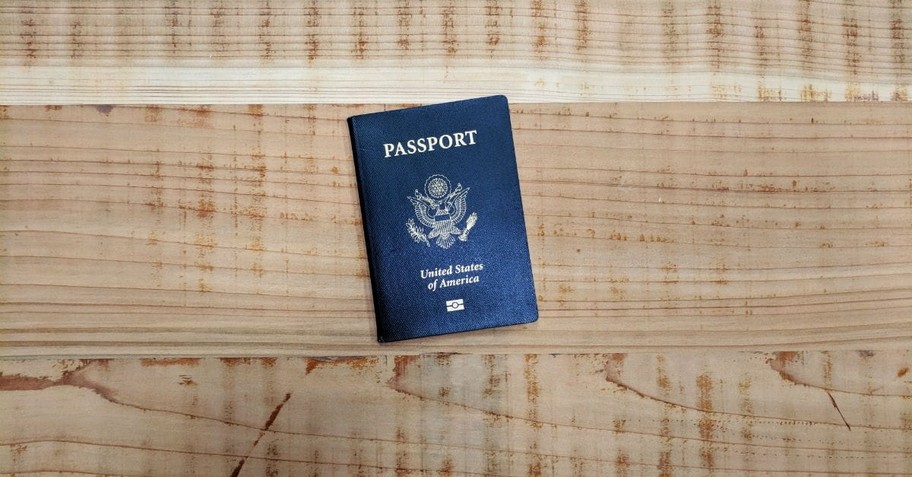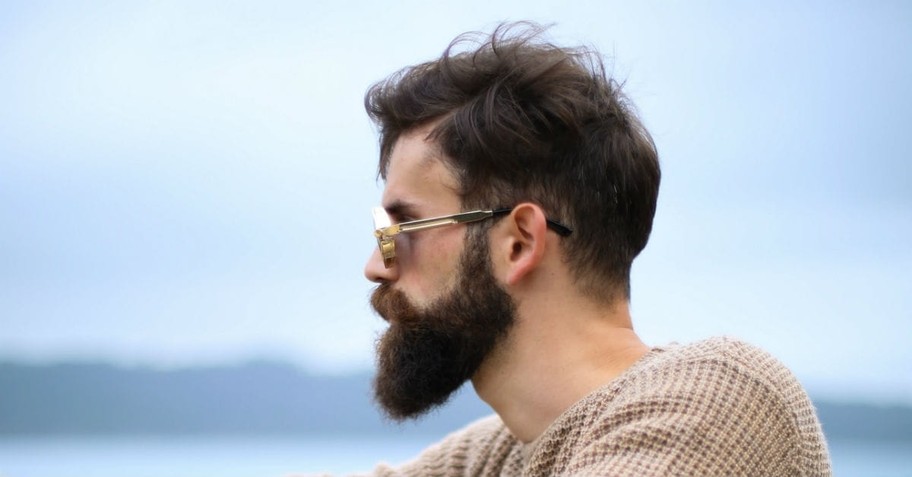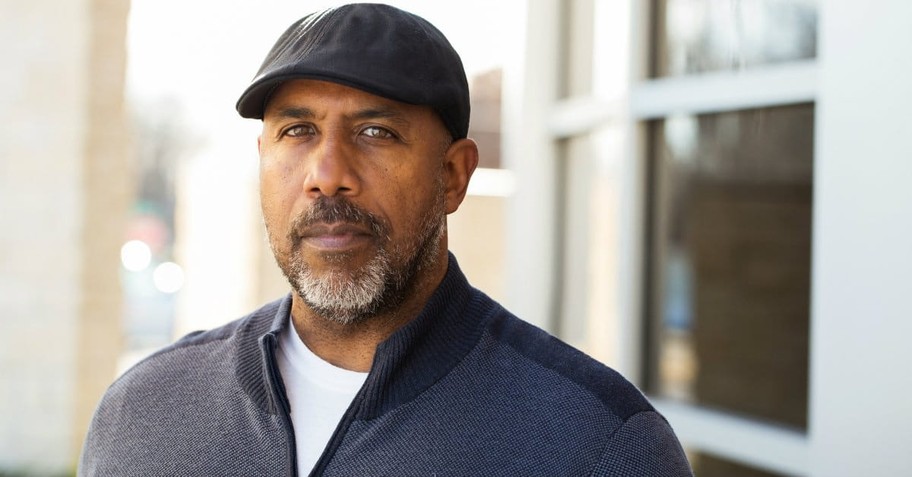Can a Crosscultural Trip Really Change Your Life?

“The trip was great. Everything about it was top notch… the people we met were amazing, and the work we saw was impressive, it was all very moving. I wasn’t disappointed in any way. But – I can’t say it was life-changing.”
I’ve been hosting groups and individuals on sojourners to meet the poor and marginalized, around the world and domestically for over three decades. Travelers embark with all sorts of expectations and their reactions to the experience run the gamut. A few weeks after returning from our trip to Africa, the sincere traveler above lamented that his life wasn’t changed by the experience.
But let’s think about that term life-changing. What does it really mean? And more importantly, how does it actually happen? Is it even possible for a one-time experience to change our lives?
I’m confident that the answer is yes. But I’m even more certain that most of us are thinking about it—and going about it—the wrong way.
Photo Courtesy: Unsplash/Ben White

Why Do Americans Take Crosscultural Trips?
A big part of the reason nearly two million Americans take crosscultural trips each year—mission trips, study abroad programs, service-learning or vision trips—is to allow their hearts and minds to be stirred, expanded and perhaps even challenged. We donate toward the teens at our churches and the college students in our lives to help them participate in service projects, not because we actually believe a few days or weeks in another culture will change the world, but because the world just might change them.
The problem is, they are not changing. Study after study show that faith-based and academic-based trips alike are frankly miserable at bringing about any measurable change in the lives of the participants! There’s no measurable change in how their use their time and resources, how they pray, their commitment to outreach… one study even concluded that it’s equally likely travelers one year later will be more ethnocentric than before their so-called “world-expanding” experience.
This is a huge missed opportunity. If “truth in advertising” rules prevailed, all those trip recruitment posters would have to read “Join our missions trip! Serve the poor! And come back… the same!”
Photo Courtesy: Unsplash/Jeremy Dorrough

We Have a Deep Yearning to Be Changed
But wait: At least half the people who return from those trips tell family and friends effusively, “It changed my life!” In fact, how could they possibly know, when they’ve only been back a day or a week or a year? They haven’t actually lived their ongoing life yet!
Why would so many of us insist these experiences have changed our lives when clearly the empirical data insists otherwise? I’m not here to psychoanalyze American or Western society. But I believe we truly have a deep yearning to be changed, yet we don’t know how to go about it.
Photo Courtesy: Unsplash/Jonathan Zerger

We See Life Change as Something that Happens to Us
The only thing we’re certain of that we don’t want to have to work at it. We see life change as a magical idea: something that happens to us, not something that we cultivate.
The satirical e-magazine The Onion caricatured this cheap kind of life-change:
Calling the experience “completely transformative,” local 22-year-old Angela Fisher told reporters Tuesday that her six-day visit to the rural Malawian village of Neno has completely changed her profile picture on Facebook. “As soon as I walked into that dusty, remote town and the smiling children started coming up to me, I just knew my Facebook profile photo would change forever”...
I tried to assure the sincere Africa traveler that life change is not something that just happens to us. He listened politely and then replied wistfully, “But wouldn’t it have been great if it had changed my life, if I had come back from the trip and taken up a new cause, sold my house or decided to donate a lot more money?”
Photo Courtesy: Thinkstock

Change as a Choice
In my book After the Trip: Unpacking Your Crosscultural Experience, I tell the story of another traveler, Elizabeth. She reflects on her return from her first crosscultural trip nearly thirty years ago. “Sitting there in the airport on the way home, I realized that my life had to change.”
Do you see the difference there? One person is lamenting that life change did not happen to him, while the other decided that life change is something she proactively needed to cultivate, that it was a choice and an act of the will in response to her experience. And she has spent the many years since then doing just that.
Photo Courtesy: Unsplash/Chris Arock

Intentional Practices Can Make the Decisive Difference
Despite the condemning statistics, the fact that so many travelers want to declare their life was changed can be a positive force for good, perhaps a prayer. Consider it the necessary “want to” that always precedes real change.
What’s needed now is two-fold: First, a recognition that our very own choices in the weeks and months after we return will determine whether this prayer becomes reality; and second, a cultivation of simple practices we can employ to weave the lessons of our experience into our ongoing lives. Remembering, synthesizing, retelling, re-examining our own worldview, keeping connections, advocating and acting are some very intentional practices that, along with others, can make the decisive difference in whether our crosscultural experiences become simply another in the long string of experiences our culture uses these days to keep score, or if it truly helps us better see the world as God sees it.
Photo Courtesy: Thinkstock

Changed by Glimpsing the World from God's Vantage Point
I believe that God gives us these experiences. And God invites us through these encounters to understand and love others more and to incorporate the lessons we can glean from them into our everyday lives. These encounters and lessons offer us an incredible opportunity to glimpse the world from God’s vantage point, and in the process to truly be changed for a lifetime.
For more than three decades, Cory Trenda has worked with international humanitarian organizations and led crosscultural trips to dozens of countries. A senior director for World Vision, his latest book After the Trip: Unpacking Your Crosscultural Experience is available from InterVarsity Press.
Photo Courtesy: Thinkstock
Originally published June 28, 2018.








